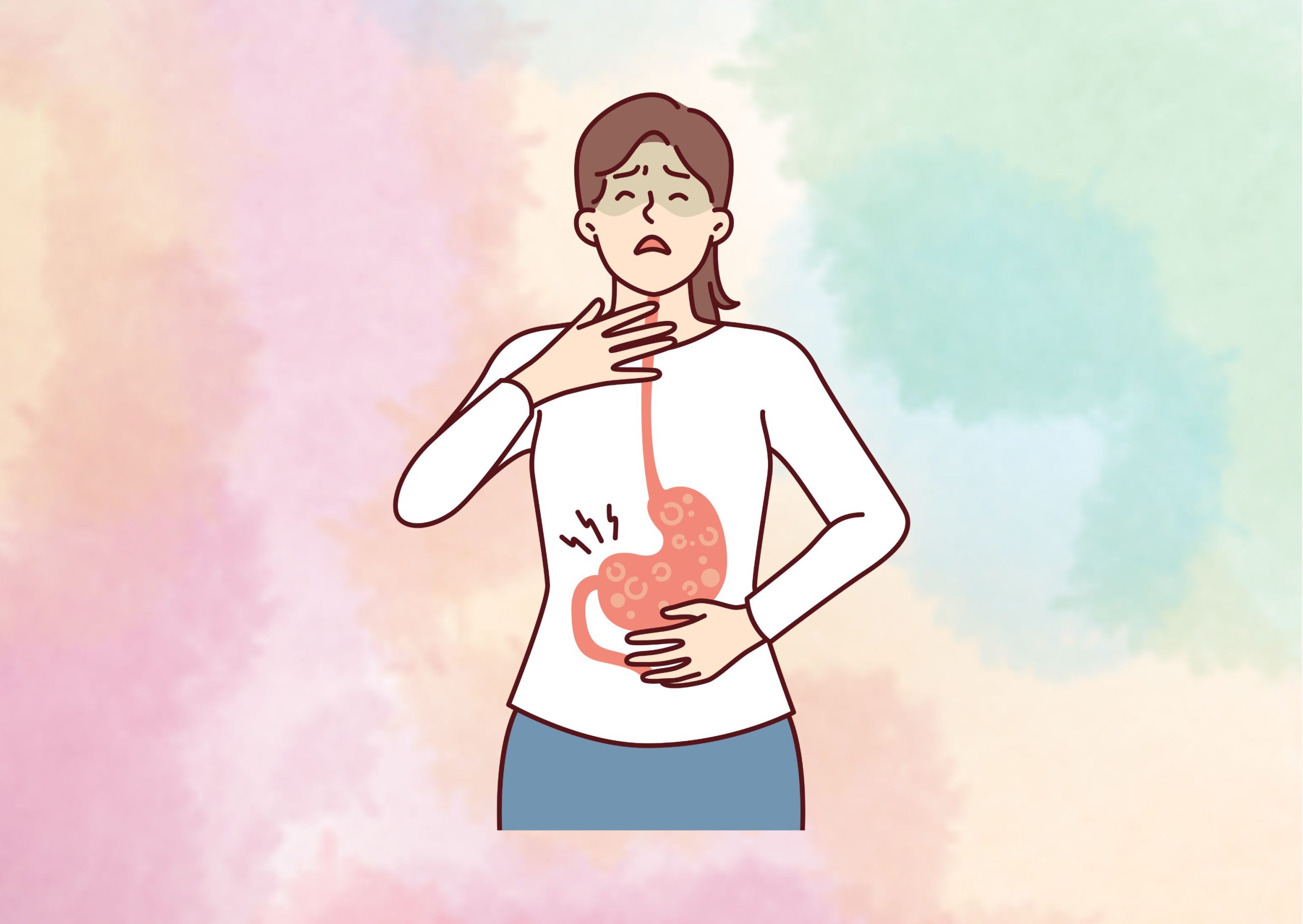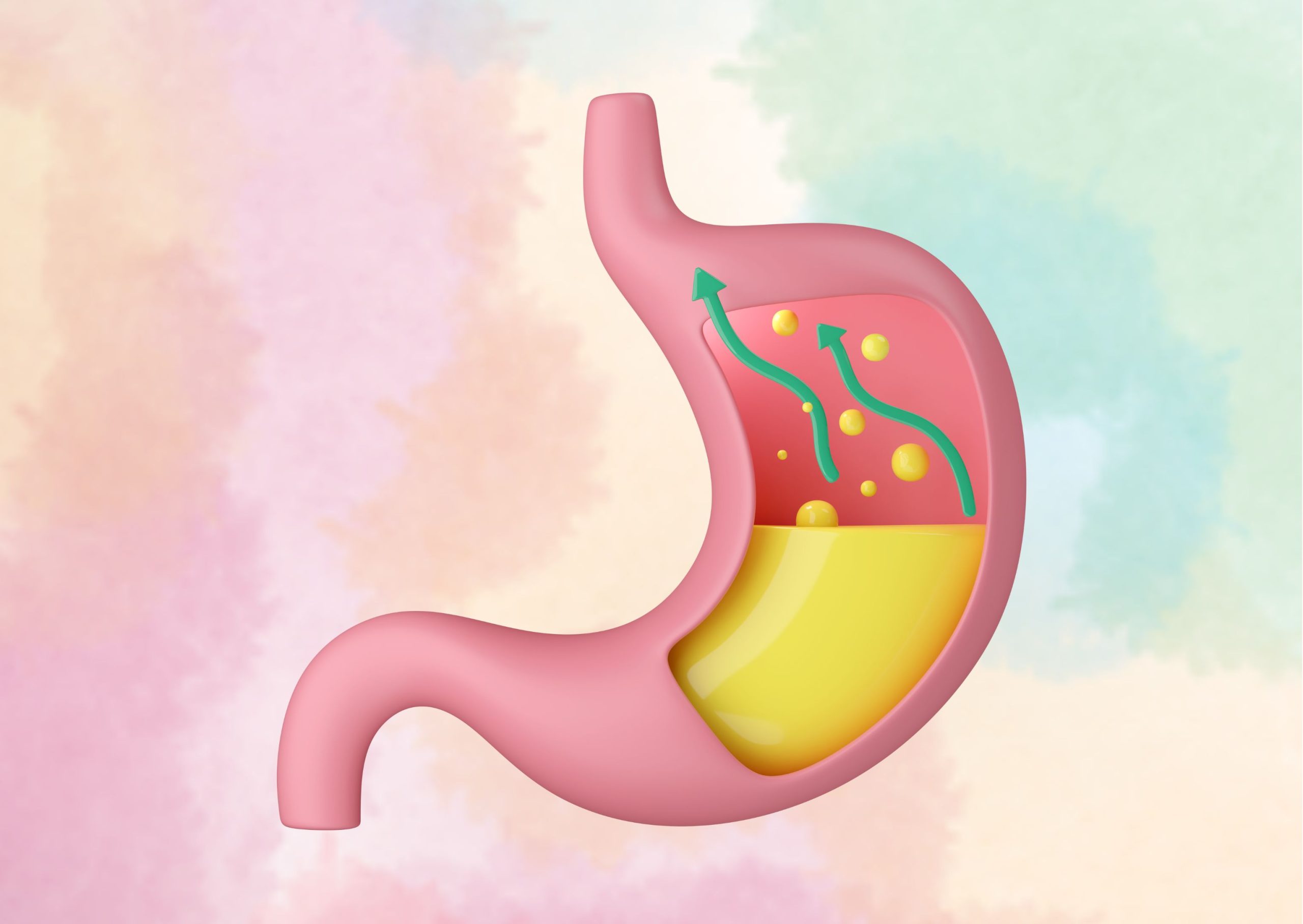How to Stop Acid Reflux: Effective Tips and Remedies
We’ve all experienced that uncomfortable burning sensation in our chest after a hearty meal. Acid reflux can be a real pain, quite literally. As someone who has dealt with this issue, I know how frustrating it can be to find effective solutions. In this article, we’ll explore how to stop acid reflux and provide you with practical tips to manage this common digestive problem.
Our journey will take us through understanding what acid reflux is and its connexion to gastroesophageal reflux disease (GERD). We’ll then look at common triggers that can set off an acid reflux attack and discuss lifestyle changes to help you keep it under control. From dietary adjustments to natural remedies and over-the-counter options like antacids and H2 blockers, we’ll cover a range of strategies to stop acid reflux fast, especially at night when it can be most troublesome.
Understanding Acid Reflux and GERD
What is acid reflux?
Acid reflux is a common digestive issue that occurs when stomach acid flows back into the oesophagus, the tube connecting our throat to our stomach. This backflow happens when the lower oesophageal sphincter (LES), a ring of muscle at the entrance to the stomach, weakens or relaxes inappropriately. Normally, the LES closes tightly after food passes through it, but in people with acid reflux, it doesn’t close properly or opens too often.
We often experience acid reflux after a large, rich meal or when lying down too soon after eating. It’s a temporary condition for most people, but for some, it can become a chronic problem.
Symptoms of acid reflux
The most common symptom of acid reflux is heartburn, a burning sensation in the chest that can extend up to the throat. It’s usually felt just below the breastbone and can be quite uncomfortable. Other symptoms include:
- Regurgitation: A sour or bitter taste in the mouth caused by stomach acid backing up into the throat.
- Difficulty swallowing: Also known as dysphagia, this can feel like food is stuck in your throat.
- Chest pain: This can be mistaken for heart-related issues, so it’s important to get it checked out.
- Bloating: A feeling of fullness or discomfort in the stomach.
- Nausea: Feeling sick to your stomach, especially after meals.
- Burping or hiccups: Excessive gas can be a sign of acid reflux.
- Wheezing or dry cough: Stomach acid irritating the airways can cause these symptoms.
- Hoarseness or sore throat: Particularly if you experience reflux at night.
These symptoms often worsen after eating, when lying down, or when bending over. If you’re experiencing any of these symptoms regularly, it’s important to speak with a healthcare professional.
When acid reflux becomes GERD
Gastroesophageal reflux disease (GERD) is a more severe form of acid reflux. While occasional acid reflux is common and manageable, GERD is a chronic condition that can have a significant impact on quality of life and lead to complications if left untreated.
We consider acid reflux to have progressed to GERD when symptoms occur at least twice a week for several weeks. Unlike occasional acid reflux, which can be triggered by temporary factors, GERD is a persistent, mechanical problem where the mechanisms that keep acid out of the oesophagus aren’t working correctly.
GERD can cause more severe symptoms and long-term damage to the oesophagus. Some potential complications of untreated GERD include:
- Esophagitis: Inflammation of the oesophagus lining, which can lead to ulcers and chronic pain.
- Barrett’s oesophagus: A condition where the tissues lining the oesophagus change to resemble intestinal lining, increasing the risk of oesophageal cancer.
- Esophageal stricture: Narrowing of the oesophagus due to scar tissue formation, which can make swallowing difficult.
- Respiratory problems: GERD can worsen asthma symptoms or cause asthma-like symptoms in people without pre-existing respiratory conditions.
If we’re experiencing frequent acid reflux symptoms that don’t respond to over-the-counter treatments, or if symptoms are interfering with daily life, it’s crucial to seek medical advice. A doctor can diagnose GERD and recommend appropriate treatment options, which may include lifestyle changes, medications, or in some cases, surgical interventions.

